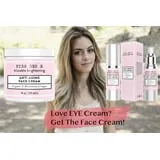Understanding Anti-Aging Whitening Creams
In the ever-evolving world of skincare, anti-aging whitening creams have emerged as a popular solution for individuals seeking to address multiple skin concerns simultaneously. These creams are designed to not only combat the signs of aging, such as wrinkles and fine lines, but also to brighten the skin, reduce the appearance of dark spots, and even out skin tone. This comprehensive approach makes them an attractive option for those looking for a multi-functional product. Understanding how these creams work, their benefits, and the key ingredients to look for is essential to making an informed decision and achieving the desired results. The popularity of these products reflects a growing demand for effective, all-in-one skincare solutions.
What is Anti-Aging Cream
An anti-aging whitening cream is a skincare product formulated to address multiple skin concerns associated with aging and uneven skin tone. These creams typically contain a blend of active ingredients that work synergistically to reduce wrinkles, improve skin elasticity, lighten dark spots, and brighten the overall complexion. The specific ingredients can vary, but common components include antioxidants, peptides, retinoids, and skin-lightening agents like Vitamin C or niacinamide. The primary goal is to promote a more youthful and radiant appearance by targeting the visible signs of aging and hyperpigmentation.
Benefits of Anti-Aging Cream

The benefits of anti-aging whitening creams are manifold, encompassing both anti-aging and skin-brightening effects. Users can anticipate a reduction in fine lines and wrinkles, improved skin elasticity, and a more even skin tone. These creams often help to fade dark spots, sunspots, and other forms of hyperpigmentation, leading to a brighter and more luminous complexion. Regular use can also enhance the skin’s overall texture, making it smoother and softer. Beyond the cosmetic benefits, these products often contain ingredients that protect the skin from environmental damage, helping to maintain its health and vitality over time. The combination of these benefits makes anti-aging whitening creams a comprehensive approach to skincare.
The Science Behind Skin Whitening
Skin whitening, or skin brightening, involves reducing the production of melanin, the pigment responsible for skin color. Anti-aging whitening creams often contain ingredients that inhibit tyrosinase, an enzyme crucial for melanin synthesis. These ingredients, such as Vitamin C, niacinamide, and arbutin, work by disrupting the melanin production pathway, leading to a gradual lightening of the skin. Furthermore, these products can help to exfoliate the skin, removing dead cells that contain melanin and promoting the growth of new, brighter skin cells. The science behind skin whitening is complex, but the ultimate goal is to achieve a more uniform and radiant complexion by targeting the mechanisms that control skin pigmentation.
How Anti-Aging Cream Works
Anti-aging whitening creams work through a combination of mechanisms. They typically include ingredients that stimulate collagen production, which helps to reduce wrinkles and improve skin firmness. Antioxidants are often present to combat free radicals, which can damage skin cells and accelerate aging. Skin-lightening agents reduce melanin production, leading to a brighter complexion. Exfoliants remove dead skin cells, improving skin texture and allowing for better penetration of active ingredients. Additionally, some creams contain ingredients that hydrate the skin, further enhancing its appearance and health. The synergistic action of these ingredients provides a multi-faceted approach to anti-aging and skin brightening.
The 7 Secrets to Whiter Skin with Anti-Aging Cream
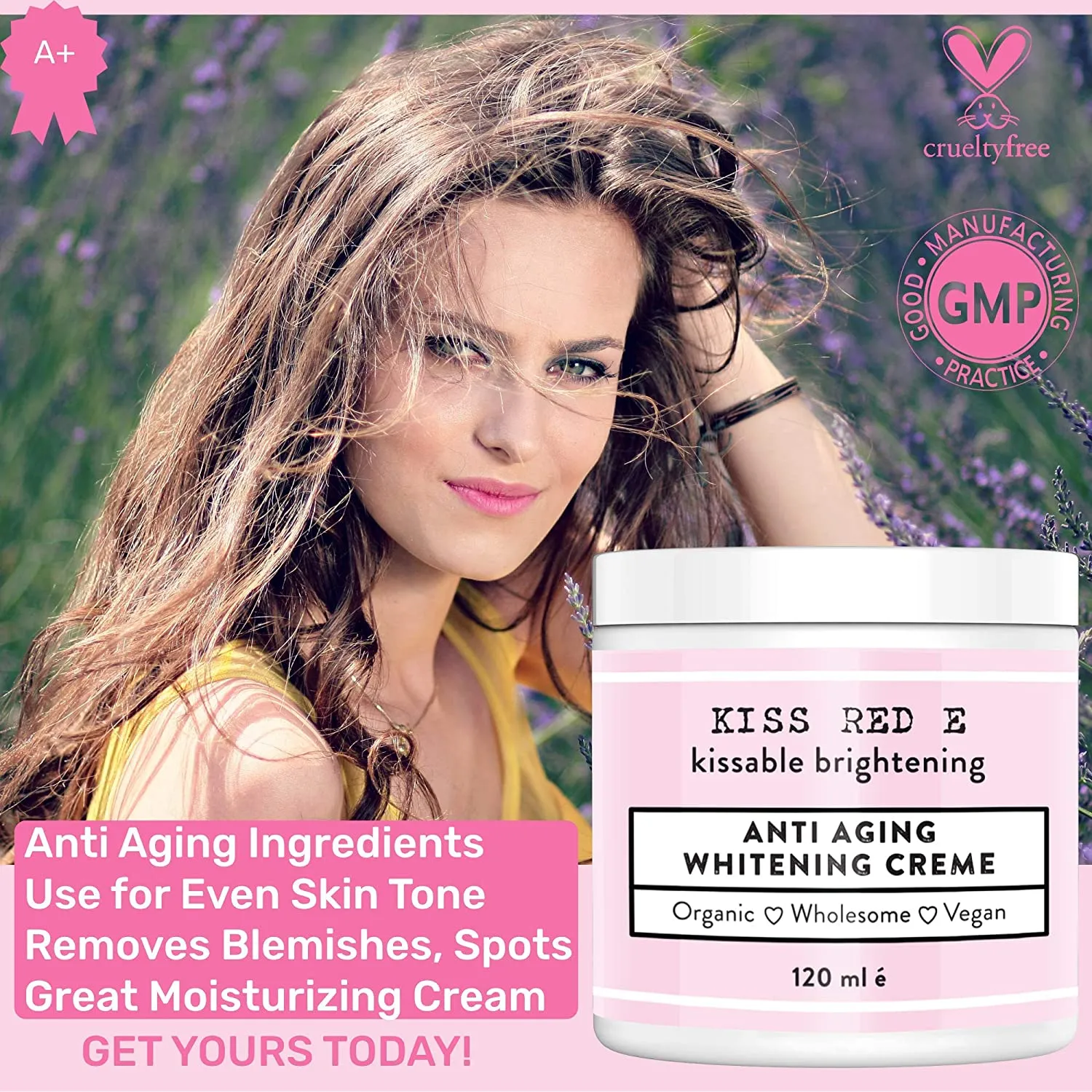
Tip 1 Exfoliate Regularly
Exfoliation is a crucial step in achieving whiter skin. It involves removing dead skin cells from the surface, which can contain melanin and contribute to an uneven skin tone. Regular exfoliation helps to reveal brighter, newer skin underneath, making the complexion appear more radiant and less dull. Furthermore, exfoliation enhances the effectiveness of other skincare products by allowing them to penetrate the skin more deeply. This process not only improves the appearance of the skin but also promotes cell turnover, leading to a healthier and more youthful complexion. It is advisable to incorporate exfoliation into your skincare routine 1-3 times per week, depending on your skin type and sensitivity.
How Exfoliation Helps
Exfoliation helps in several ways. Firstly, it physically removes dead skin cells, unclogging pores and preventing the buildup of impurities that can lead to breakouts. Secondly, it stimulates cell turnover, encouraging the growth of new, healthy skin cells. This process helps to reduce the appearance of fine lines, wrinkles, and dark spots, revealing a more even skin tone. By removing the barrier of dead skin cells, exfoliation also allows skincare products to penetrate more effectively, maximizing their benefits. It is a simple yet powerful step in any skincare routine, contributing to both the health and appearance of the skin.
Recommended Exfoliation Methods
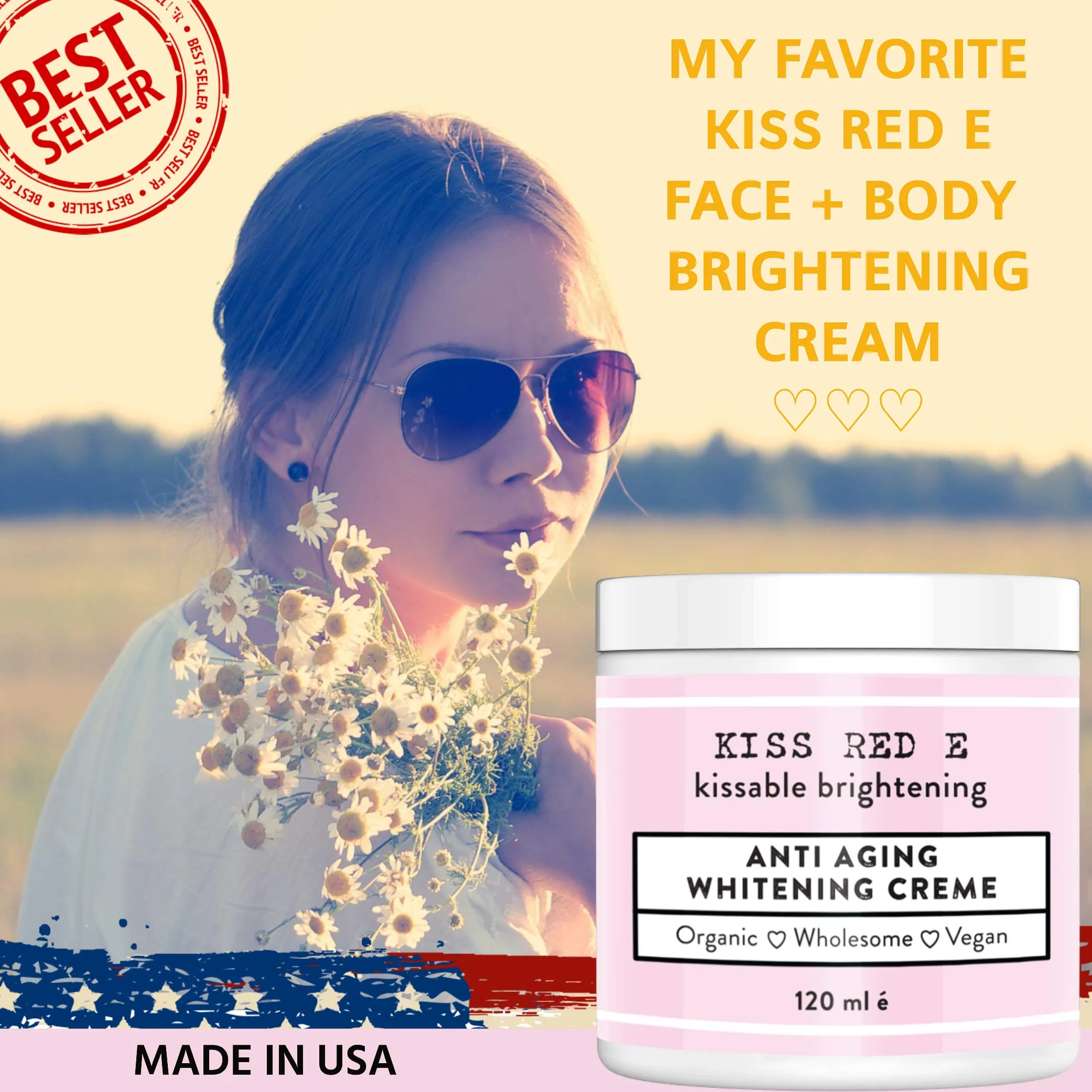
There are several effective methods for exfoliating the skin. Chemical exfoliants, such as those containing AHAs (alpha hydroxy acids) or BHAs (beta hydroxy acids), use acids to dissolve dead skin cells. Physical exfoliants, like scrubs or exfoliating brushes, manually remove dead cells. The choice of method depends on your skin type and sensitivity. For sensitive skin, chemical exfoliants with low concentrations of AHAs or BHAs are often preferred. For oily or acne-prone skin, BHAs can be particularly effective at unclogging pores. Physical exfoliants should be used gently to avoid irritation. It is important to follow product instructions carefully and to start with a low frequency, gradually increasing as tolerated.
Tip 2 Choose the Right Ingredients
Selecting the right ingredients is fundamental in any anti-aging whitening cream. Certain compounds have been scientifically proven to effectively brighten skin, reduce wrinkles, and improve overall skin health. Knowing which ingredients to look for and which to avoid is essential to achieving the best results. A careful selection of ingredients ensures that your skincare routine is both effective and safe, minimizing the risk of irritation or adverse reactions. The effectiveness of a cream often depends on the quality, concentration, and combination of its active ingredients.
Key Ingredients to Look For
When choosing an anti-aging whitening cream, look for ingredients such as Vitamin C, which is a powerful antioxidant and helps brighten skin tone. Niacinamide (Vitamin B3) reduces inflammation, minimizes pores, and improves skin elasticity. Retinoids, derived from Vitamin A, boost collagen production and reduce wrinkles. Hyaluronic acid hydrates the skin, making it appear plumper and smoother. Arbutin and kojic acid are effective skin-lightening agents that inhibit melanin production. Always read the ingredient list carefully to ensure that the product contains a combination of these beneficial ingredients, and that the concentration is sufficient to deliver noticeable results.
Ingredients to Avoid
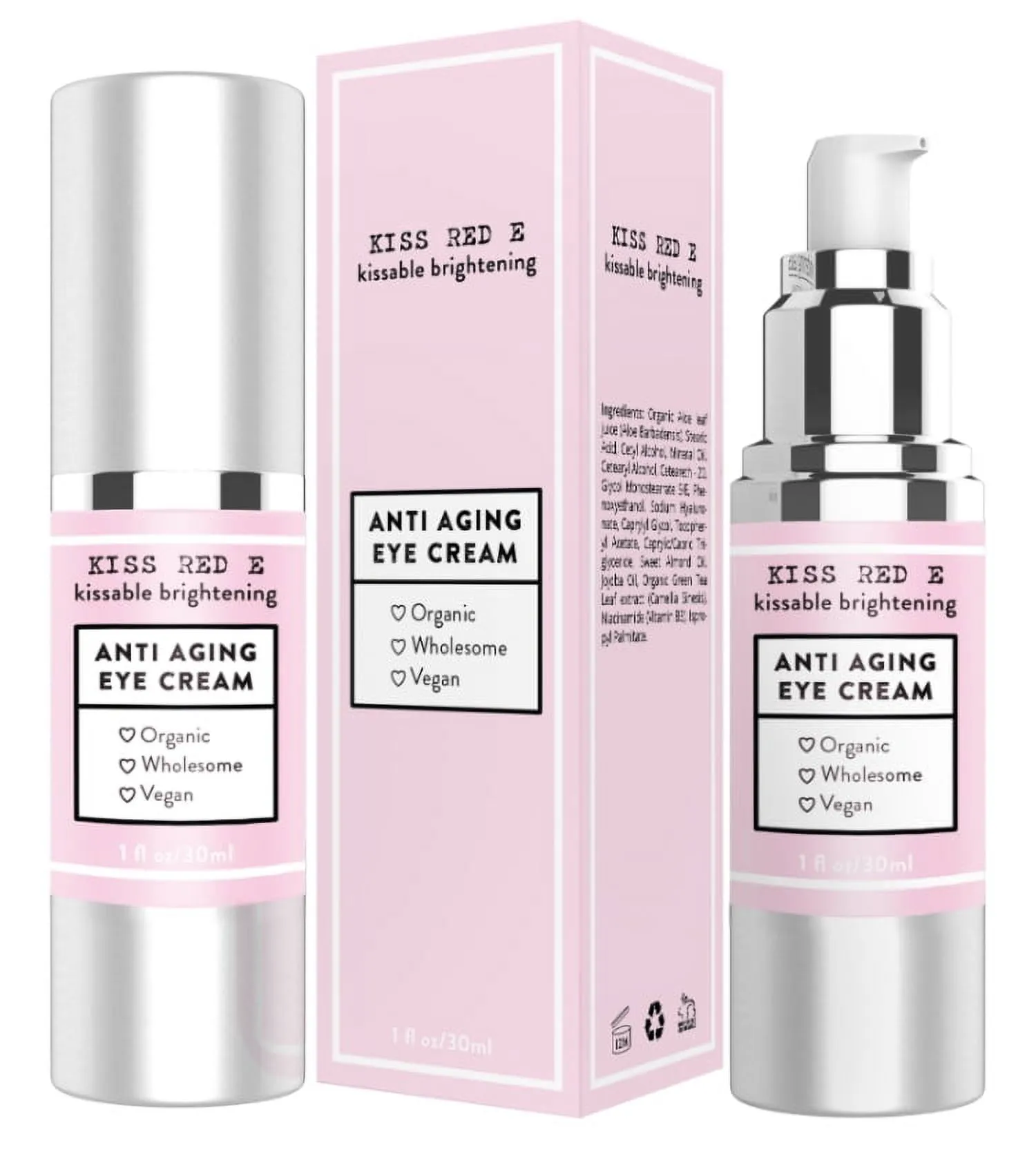
Certain ingredients can cause irritation, allergic reactions, or may not be effective. Avoid creams containing harsh chemicals like parabens, sulfates, and artificial fragrances, as they can strip the skin of its natural oils, leading to dryness and sensitivity. Products with high concentrations of alcohol can also be drying and irritating. Always be cautious of products with potential allergens, such as certain essential oils or fragrances, especially if you have sensitive skin. It is also advisable to avoid products that make unrealistic claims or contain vague ingredient lists. Opting for products with well-researched ingredients and avoiding potentially harmful ones ensures a safer and more effective skincare routine.
Tip 3 Protect Your Skin from the Sun
Sun protection is one of the most critical aspects of any skincare routine, especially when using anti-aging and skin-whitening products. Exposure to the sun’s harmful UV rays can accelerate the aging process, worsen existing wrinkles, and exacerbate hyperpigmentation. Consistent use of sunscreen not only protects the skin from these damaging effects but also helps to maintain the benefits of your skincare products. Sun protection should be a non-negotiable part of your daily routine, regardless of the weather or the season. It is a simple yet powerful measure that contributes significantly to the long-term health and appearance of your skin.
Why Sun Protection is Crucial
Sun protection is crucial because UV rays can damage the skin’s DNA, leading to premature aging, wrinkles, and an increased risk of skin cancer. UV exposure also stimulates melanin production, which can worsen dark spots and uneven skin tone. Anti-aging and skin-whitening ingredients make the skin more sensitive to the sun. Therefore, using sunscreen helps to counteract these effects and maintain the effectiveness of your skincare products. By protecting your skin from UV rays, you are not only preventing damage but also supporting the long-term health and youthful appearance of your complexion.
Best Sunscreen Practices
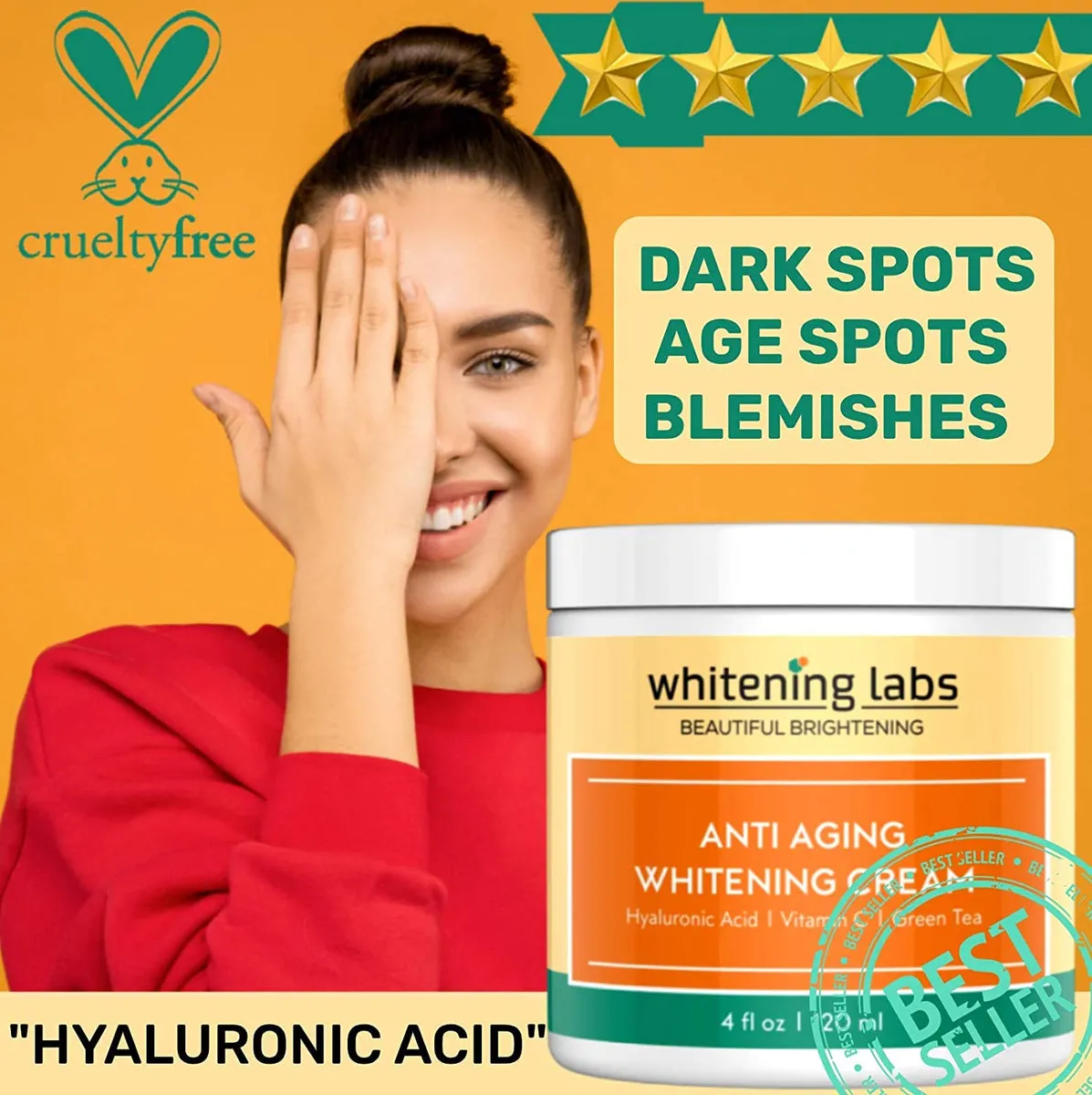
The best sunscreen practices involve choosing a broad-spectrum sunscreen with an SPF of 30 or higher, applying it generously, and reapplying it every two hours, or more frequently if swimming or sweating. Apply sunscreen at least 15 minutes before sun exposure to allow it to absorb into the skin. Cover all exposed areas, including the face, neck, ears, and any other skin that is not covered by clothing. Consider using a sunscreen that is specifically designed for your face, as these are often formulated to be less pore-clogging. Make sunscreen a habit to protect your skin daily, even on cloudy days.
Tip 4 Hydrate Your Skin
Hydration is fundamental for healthy, glowing skin. Dehydrated skin can appear dull, dry, and more prone to wrinkles. Keeping your skin well-hydrated supports its natural functions, including the production of collagen and the maintenance of a healthy skin barrier. Proper hydration can also enhance the effectiveness of anti-aging and skin-whitening products, allowing them to penetrate the skin more effectively. Incorporating hydrating elements into your skincare routine, and ensuring you drink enough water, are key to maintaining a youthful and radiant complexion.
The Importance of Hydration
Hydration is essential for several reasons. It keeps the skin plump and elastic, reducing the appearance of fine lines and wrinkles. Hydrated skin functions better, supporting cell turnover and maintaining a healthy skin barrier. It also improves the absorption of skincare products, maximizing their benefits. Lack of hydration can lead to dryness, flakiness, and an overall dull appearance. Maintaining adequate hydration levels is crucial for achieving and maintaining a healthy, youthful complexion.
How to Keep Skin Hydrated
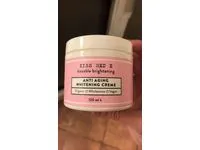
To keep your skin hydrated, incorporate moisturizing products into your daily skincare routine. Use a hydrating cleanser, followed by a serum containing hyaluronic acid or other humectants that draw moisture to the skin. Apply a rich moisturizer, especially in the morning and evening. Drink plenty of water throughout the day to hydrate from the inside out. Avoid long, hot showers, as they can strip the skin of its natural oils. Using a humidifier can also help to add moisture to the air, particularly in dry environments. Consistent hydration is key to achieving and maintaining healthy, glowing skin.
Tip 5 Eat a Healthy Diet
A healthy diet significantly influences skin health. The foods you consume provide the nutrients your skin needs to function properly, protect itself from damage, and maintain a youthful appearance. A diet rich in antioxidants, vitamins, and minerals can support collagen production, reduce inflammation, and protect against free radicals. By focusing on whole, unprocessed foods, you are providing your body with the essential building blocks for healthy, radiant skin. A balanced diet is an essential component of any effective skincare routine.
Foods That Support Skin Health
Foods that support skin health include those rich in antioxidants, such as berries, leafy greens, and citrus fruits. These foods help to protect the skin from free radical damage. Foods high in omega-3 fatty acids, like salmon and flaxseed, can reduce inflammation and support skin elasticity. Vitamin-rich foods, such as carrots (vitamin A) and bell peppers (vitamin C), are also beneficial for skin health. Consume lean proteins, which are essential for collagen production. A varied and balanced diet that prioritizes these types of foods provides the necessary nutrients to support the skin’s overall health and appearance.
Foods to Avoid
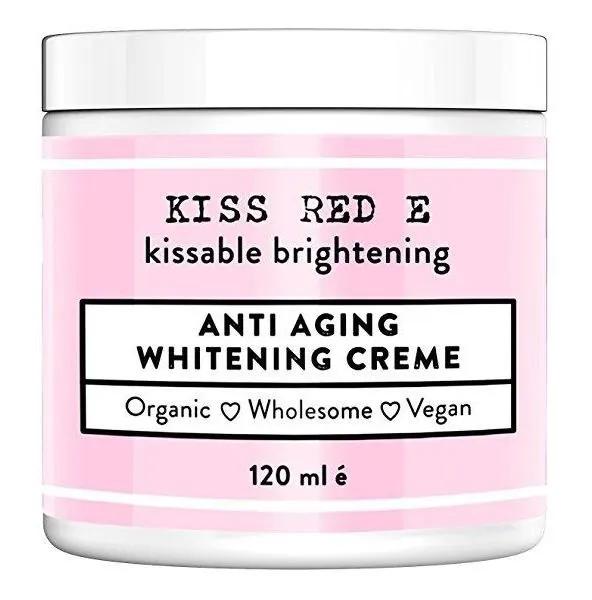
Some foods can negatively impact skin health. Processed foods, sugary drinks, and excessive amounts of saturated and trans fats can contribute to inflammation and accelerate the aging process. Excessive alcohol consumption can dehydrate the skin and lead to premature aging. Foods high in refined carbohydrates can trigger breakouts. Limiting these foods and focusing on a balanced diet that supports skin health is crucial. Making mindful food choices will improve your overall health and contribute to clearer, more radiant skin.
Tip 6 Maintain a Consistent Skincare Routine
Consistency is key when it comes to skincare. A well-structured routine, followed consistently, ensures that your skin receives the ongoing care it needs to maintain its health and appearance. Skipping steps or using products irregularly can diminish their effectiveness. Regularity in your skincare routine maximizes the benefits of each product, allowing your skin to adjust and respond positively. Consistency creates a foundation for long-term skin health, leading to visible and lasting results.
Building a Daily Skincare Routine
A daily skincare routine should include cleansing, toning, moisturizing, and applying sunscreen in the morning. In the evening, cleanse again to remove makeup and impurities. Apply any serums or treatments, such as anti-aging or skin-whitening creams. Follow with a night cream that supports skin repair and hydration overnight. Exfoliate 1-3 times per week. Be sure to choose products that complement each other and meet your skin’s specific needs. Creating a routine tailored to your skin type and concerns will yield the best results.
The Importance of Consistency
Consistency is paramount because skincare products typically require time to show visible results. Skipping steps or using products sporadically can disrupt this process, preventing the active ingredients from working effectively. A consistent routine allows your skin to adapt to the products and benefits from their long-term effects. By adhering to your skincare routine, you are creating a habit that supports the ongoing health and beauty of your skin. Maintaining consistency makes it easier to identify what works best for your skin and to adapt your routine as your needs change.
Tip 7 Consider Professional Treatments
Professional treatments can complement your at-home skincare routine and accelerate results. These treatments are administered by trained professionals and can provide more intensive solutions for specific skin concerns. While at-home products offer benefits, professional treatments can provide more potent solutions, leading to significant improvements in skin tone, texture, and overall appearance. Considering these treatments can be an effective way to enhance your skincare regimen and achieve more dramatic results.
Types of Professional Treatments
Various professional treatments are available for anti-aging and skin whitening. Chemical peels use chemical solutions to exfoliate the skin and stimulate collagen production. Microdermabrasion exfoliates the skin using tiny crystals or a diamond-tipped wand. Laser treatments target specific skin concerns, such as dark spots, wrinkles, and uneven skin tone. Microneedling stimulates collagen production by creating micro-injuries in the skin. These treatments offer varying levels of intensity and are often tailored to individual skin types and concerns. Consulting with a dermatologist or skincare professional will help you determine which treatments are most appropriate for your needs.
When to Seek Professional Help
Consider seeking professional help if you have specific skin concerns that are not adequately addressed by at-home products. This includes deep wrinkles, stubborn dark spots, or significant uneven skin tone. Consulting with a dermatologist or skincare professional can provide a more accurate diagnosis of your skin concerns and recommend appropriate treatments. They can also help determine if you are a good candidate for specific treatments, and guide you through the process to ensure you receive the best possible results. If you’re looking for rapid improvement, professional treatments can be a valuable addition to your skincare regimen.
Potential Side Effects
While anti-aging and skin-whitening creams can provide significant benefits, it is important to be aware of potential side effects. These can include skin irritation, redness, dryness, and increased sensitivity to the sun. Some ingredients, such as retinoids, may cause initial purging, where the skin appears to worsen before improving. Skin-lightening ingredients can cause uneven lightening or ochronosis if used improperly. Always perform a patch test before using a new product, especially if you have sensitive skin. If you experience any adverse reactions, discontinue use and consult a dermatologist. Understanding the potential risks and following product instructions carefully will help you to minimize side effects and maximize the benefits of your skincare routine.
